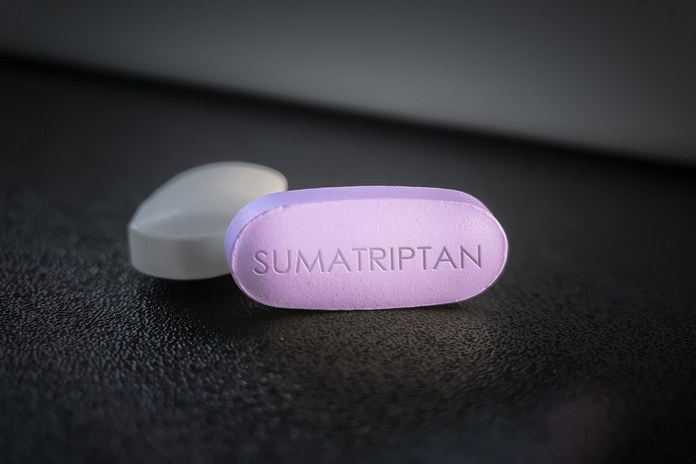Medications For Treating Ocular Migraine

Although ocular migraine goes away on its own, in case of severe symptoms, medications can be used as prescribed by the doctor. The treatment mostly involves painkillers and preventive medicines to stop an ocular migraine from happening.
NSAID
NSAID or nonsteroidal anti-inflammatory drugs are painkillers that work by stopping the cyclooxygenase from reacting with prostaglandins. Prostaglandins are lipids produced at the damaged site of tissues. NSAIDs are usually used to treat acute and inconsistent ocular migraine because long and constant use can result in serious infections and side effects which may include:
- Kidney problems
- Stomach pain and ulcers
- High blood pressure
Triptan
These medications are also used to treat acute ocular migraine. These drugs work mimicking serotonin and stop the pain signals from reaching the brain. During an ocular migraine when the blood vessels are blocked thus resulting in pain, these drugs numb the nerve and prevent the signals from reaching the brain. These drugs can be consumed in the form of tablets, inhalers and injections. Some side effects while consuming triptan include:
- Drowsiness
- Nausea
- Muscle weakness and tingling.
Glucocorticoids
Glucocorticoids are artificially synthesized hormones. These steroids work by reducing inflammation in veins and arteries, consequently preventing migraine from happening and reducing symptoms. These medications should be only consumed under the observation of a doctor. These drugs should not be consumed very frequently because they can result in serious side effects:
- Weight gain
- High blood pressure
- Emotional instability
- Insomnia
Beta blockers
Ocular migraine arising from high blood pressure and stress can be treated with the help of beta blockers. Under stressful situations, adrenaline is released into the body, to pump more blood, which increases the blood pressure. These beta blockers work by reducing the amount of adrenaline in blood. These beta blockers are mostly used to treat cardiovascular diseases. Some side effects of these drugs are
- Poor blood circulation
- Constipation
- Weight gain
- Sexual dysfunction
Anti-depressants
Tricyclic antidepressants are used to prevent ocular migraine from happening. These tricyclic anti-depressant functions by inhibiting the body from reabsorbing serotonin. The increased level of serotonin prevents the blood vessels from shrinking while the flow of blood remains constant. This constant flow of blood can prove very useful in avoiding migraine. Some common side effects of migraine include
- Lightheadedness
- Dizziness
- Problem while passing urine
- fatigue
Ergot medications
Ergot composed of ergotamine is one of the oldest medicines that was used to treat migraine. These medications are very effective in treating long lasting ocular migraines. Ocular migraine caused due to the vasodilation can be treated by consuming ergotamine, which prevents the vessels in the brain and the eyes from dilation. These medications should be strictly given under the observance of the doctor because any slight overdose can prove fatal. Some side effects may include:
- Confusion
- Swelling
- Nausea
Opioid medication
These drugs are highly addictive and contain narcotics. These drugs are usually used to treat severe ocular migraine. These drugs work by preventing the nervous signals from reaching the brain. Some side effects may include
- Addiction
- Low blood pressure
- Insomnia
